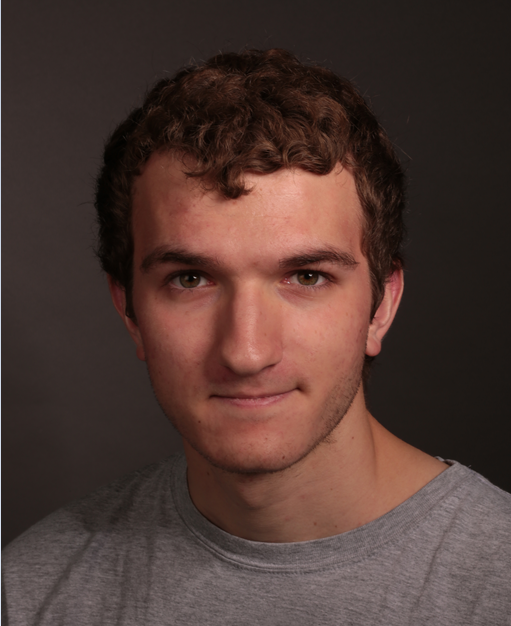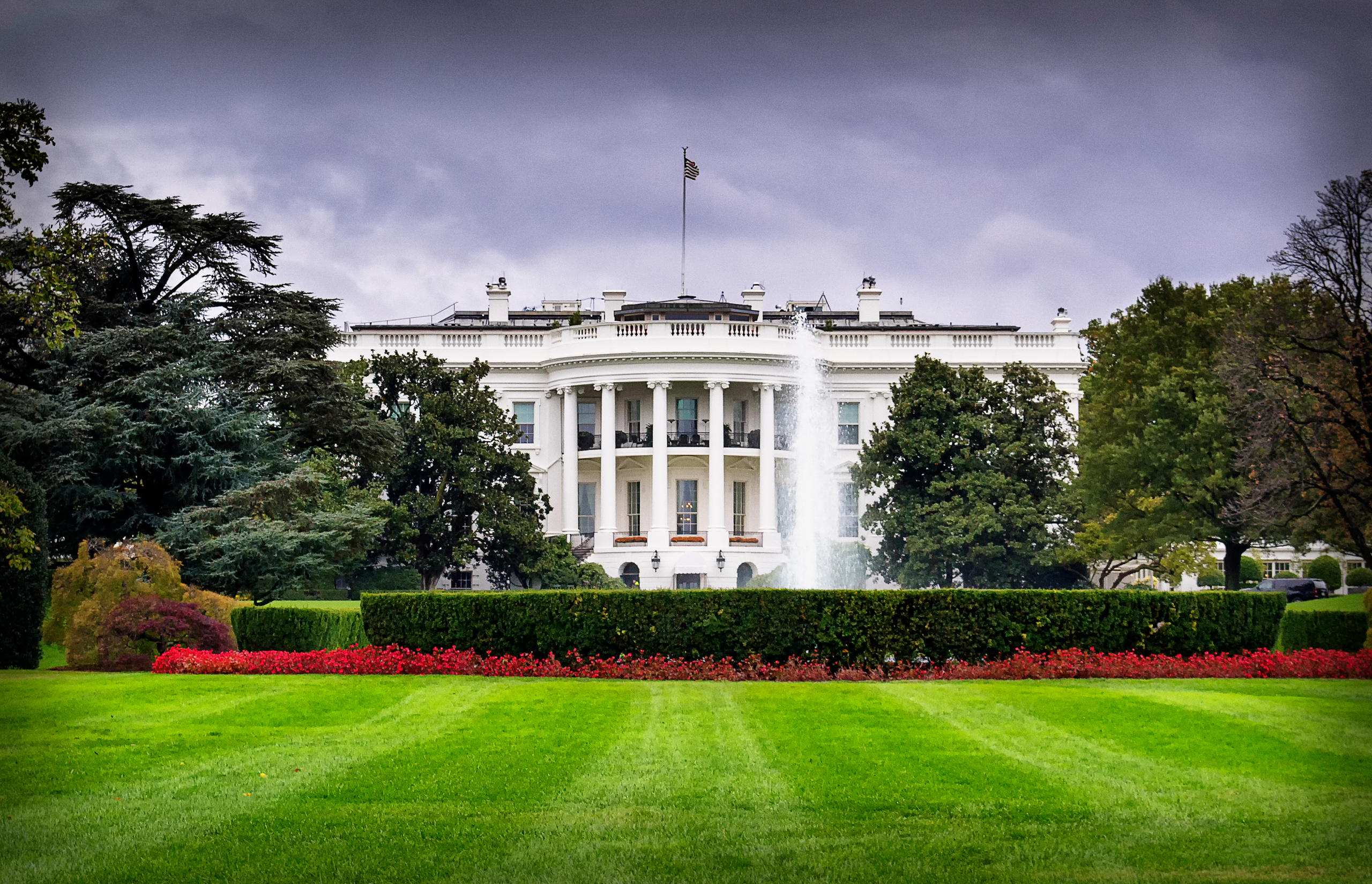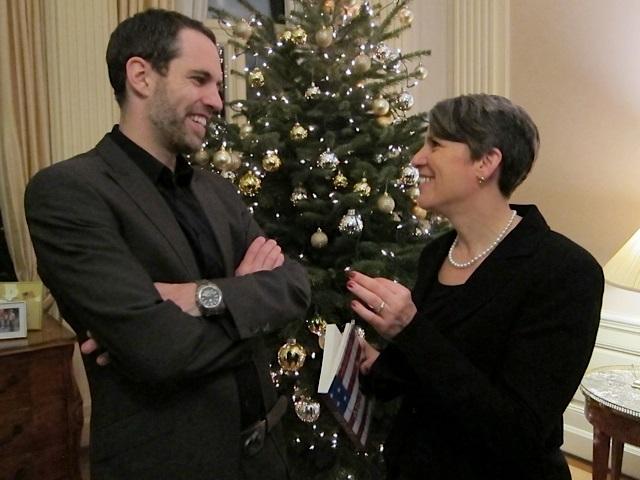More than textbooks: the political education of an American in Switzerland
“I have never let my schooling interfere with my education,” American author Mark Twain once declared. While learning about politics, I’ve rarely had that problem. In Switzerland, my exposure to a distinctly American view of history is limited, and the cable news cycle is largely an afterthought. Instruction in the tropes of US politics is all but nonexistent; my school has never offered a civics course. Yet these lessons haven’t been missed; living abroad is a fantastic political education in and of itself.
Anyone with ten minutes and two francs to spare can take a bus from Switzerland, a bastion of direct democracy, to France, with its powerful central government. Across the British Channel, the Mediterranean, and the Baltic, one finds constitutional monarchies. No city is home to more NGOs than Geneva, and its international school – with 141 countries represented on campus – rivals the diversity of the United Nations.
I was exposed to this mosaic of perspectives at an early age, though I hardly knew it at the time. Picture a ten-year-old, sitting in the lobby of the UN headquarters. The hall around him is abuzz with delegates, all discussing some weighty matter. He doesn’t notice; he’s reading The Hitchhiker’s Guide to the Galaxy. Then, in the summer of 2008, I borrowed a copy of The Economist from my mother’s desk and started paying attention to the world at large, mostly by badgering my parents with questions. When new classmates were introduced – this one from Swaziland, that one from Argentina, another still from South Korea – I listened closely, and tried to learn about these countries I’d never seen. And what better place to understand a hundred different cultures than Geneva?

This understanding is something Americans in Switzerland have in common, thanks to friends and colleagues whose origins span the globe. We have much to offer our native country, but nothing is more crucial than this expansive worldview. In an interconnected world, border walls and massive tariffs offer few benefits, at great cost to America and its neighbors. Flouting international law through unprovoked invasions hurts our standing among nations, which is no less vital than our military strength. A reluctance to halt the rise of the seas threatens Florida, just as it threatens Palau. These realities may not be clear for those who’ve never lived in a foreign country. For Americans abroad, they’re painfully obvious. The defining challenge of this generation will be to expand our country’s thinking, reshaping the prevailing view of America’s place in the world. If we succeed, history will judge us kindly. If not, its verdict will be harsh.
Not a choice but a duty
Given these realities, I view political involvement not as a choice but as a duty. Progress has never come easily; it took three presidents and the better part of a decade to put men on the moon – and even that seems a remarkably quick victory when compared to the abolition of slavery, almost 90 years after the United States sprang into being. Lasting change is the result of a million inconsequential choices, with men and women across the country making a cause their own.
On June 16th, Donald Trump began his presidential campaign. In his opening salvo, he derided Mexican immigrants as drug peddlers and rapists before adding – almost as an afterthought – “And some, I assume, are good people.” I firmly believed then, as I do now, that Donald Trump would never win the White House. Yet the views he espouses are widely known abroad, and do America’s image little good. A family friend was admitted to the Parsons School of Design but, unwilling to risk living in Trump’s America, he chose to stay in Europe. When I hear this sentiment, I invariably answer that such fears are overblown, and explain that Trump has won – as of this writing – 8,781,907 votes; his backers number less than the people of New Jersey. Even so, across the world, many see the reality-show host’s success in the Republican primary and conflate his views with those of all Americans.
Correcting this impression is no easy task. The Trump campaign was three weeks old when I reached my limit, wrote to Democrats Abroad’s leaders in Switzerland, and volunteered to spend a year putting a Democrat in the White House.
More than a textbook
Democrats Abroad has many dedicated volunteers but no paid staffers. DA Switzerland, for its part, is run out of the kitchen of our chair, Anne-Shelton. Once a month, around the dinner table, ideas are put forth and dissected, with a thorough discussion of their practicalities, and I learn more than any textbook could have taught me. We plan events at exclusive venues like Mr. Pickwick’s Pub. We review the latest news on issues affecting Americans. And, last but certainly not least, much of this winter was spent planning Democrats Abroad’s Global Primary.
The Global Primary was the high point of the spring, but it also posed a dilemma I hadn’t faced before. When I began following politics, Barack Obama was the Democratic nominee. Four years later, America’s choices were President Obama or a Republican. This year, I was casting my first ballot – and I had to choose not between a Democrat and a Republican, but between two Democrats.
If one looks past the televised circus that surrounds US elections, pushing cable channels to stir the pot and feed a 24-hour news cycle, Hillary Clinton and Bernie Sanders have broadly similar views. The question I faced was simple: Did I want a revolution, and an attempt to shatter the mold of American politics? Or did I want four years of incremental change, with gradual progress by a technocratic administration? The former view echoed Obama the candidate; the latter evoked Obama the president. With that thought came the realization that I was voting for a president, not a campaigner, and I knew who had won my vote. Eight months from now, on January 20th, the winner of this election will be sworn in. When that day comes, Hillary Clinton will make a superb president.
The views expressed in this article are solely the views of the author, and do not necessarily reflect the views of swissinfo.ch.
Opinion series
swissinfo.ch publishes op-ed articles by contributors writing on a wide range of topics – Swiss issues or those that impact Switzerland. The selection of articles presents a diversity of opinions designed to enrich the debate on the issues discussed.
Curated by Jeannie Wurz

In compliance with the JTI standards
More: SWI swissinfo.ch certified by the Journalism Trust Initiative




You can find an overview of ongoing debates with our journalists here. Please join us!
If you want to start a conversation about a topic raised in this article or want to report factual errors, email us at english@swissinfo.ch.